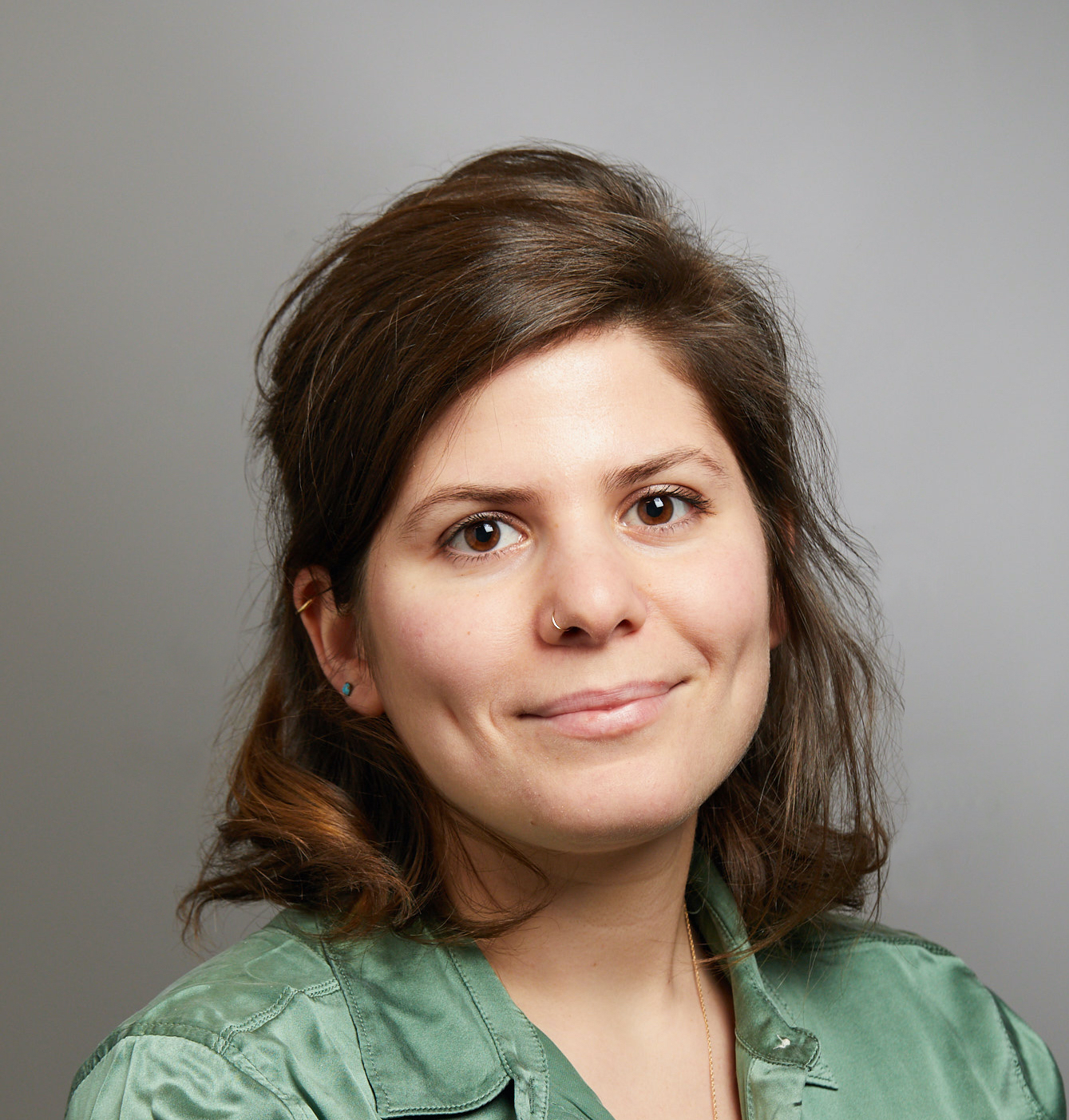There is increasing evidence that seizures in some people occur in predictable patterns. This raises the possibility of a link between the body’s 24-hour rhythms called circadian rhythms and epilepsy. However, it is unknown whether genetic mechanisms that control circadian rhythms are involved in the process of epileptogenesis.
In this project generously funded by The Cameron Boyce Foundation, Dr. Reschke will study how disruption of circadian rhythms could affect gene expression during epileptogenesis. She will also develop a gene therapy approach to restore proper function of a central gene that is involved in regulating circadian rhythms. Finally, Dr. Reschke proposes to explore whether “adjusting the clocks” represents a potential approach for disease modification by testing the gene therapy in mice with drug-resistant epilepsy.
Together, these findings will explore an important potential mechanism influencing epilepsy development and may lead to new strategies for the next generation of treatments for epilepsy.









